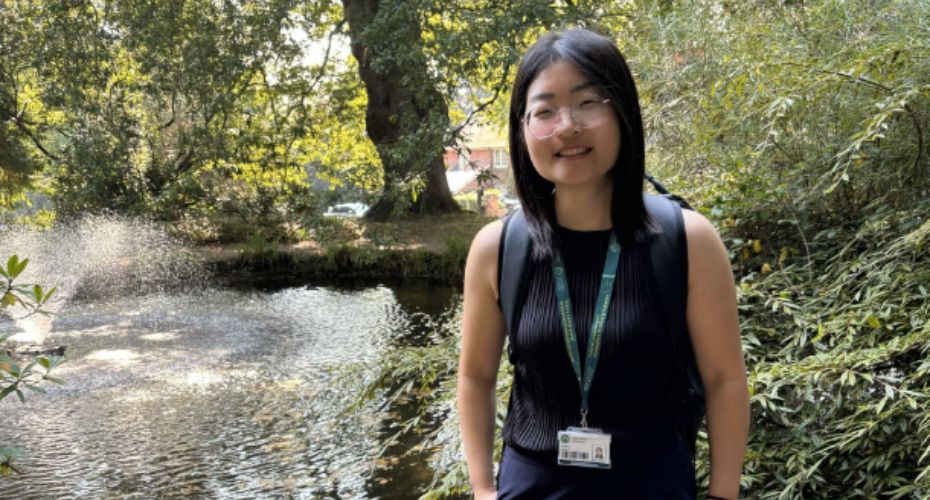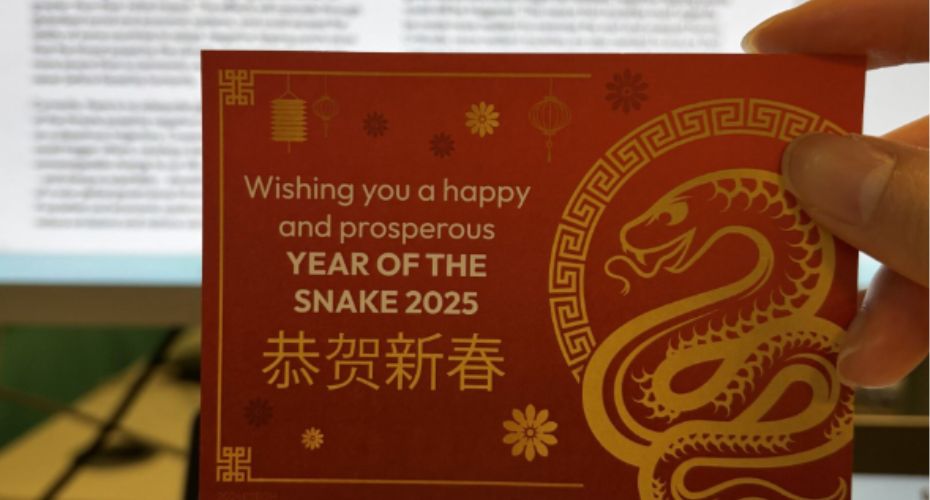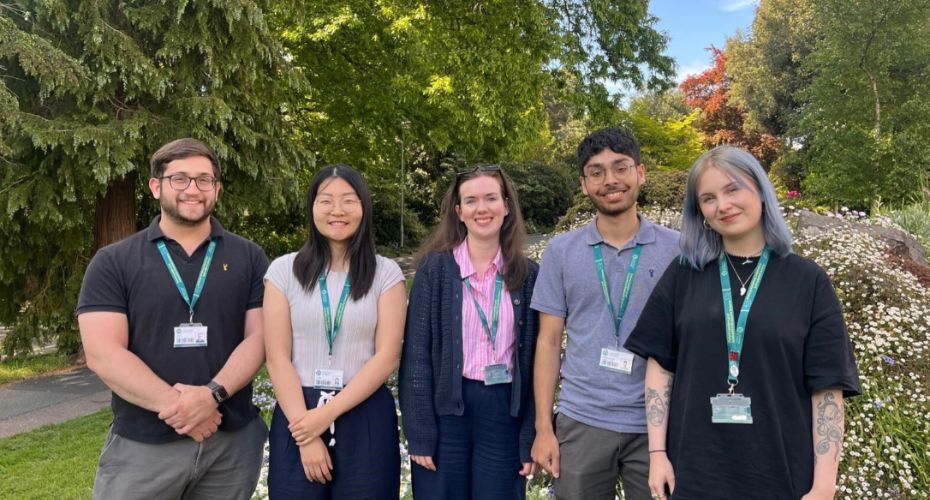
As part of my graduate scheme, I’ve had the opportunity to join the University of Exeter’s Sustainability Team. I came in to learn about sustainability, the concepts and practices. And I did.
But what shaped my experience most wasn’t just the work. It was the people in this team.
I saw how values like reflection, openness and kindness are embedded in the way people work, communicate and collaborate. I saw how thoughtful team culture can shape the direction, depth and energy of what we do. Most of all, I experienced what it’s like to be part of a team that creates space for me to grow, ask questions, and contribute with confidence.

Learning Together
One of my favourite things was our team meetings and workshops. Every other week, we’d come together not only to share updates, but also to think.
We explored topics like growth mindset, tackled “elephants in the room,” and shared relevant snapshots of work happening across and outside the university. One session that stood out to me was when we used Edward de Bono’s Six Thinking Hats to reflect on how we communicate sustainability to students. Each “hat” offered a different perspective: facts, feelings, positivity, risks, creativity, process. Together, we stepped outside our usual ways of thinking, and reimagined how we approach challenges.
These team events didn’t just help us tackle the challenges. They also reminded me how powerful collective thinking can be when everyone is encouraged to speak, listen and stretch.

Projects That Made Me Think Bigger
I’ve always been interested in strategy and how big visions get turned into actions. That’s why I really enjoyed supporting the development of the University’s new Sustainability Strategy. I spent time researching how other institutions prioritise their sustainability issues and had the opportunity to work with the Communications and Engagement team to plan how we might approach engagement across different stakeholders. This experience reminded me that good strategy depends on clarity, curiosity and intention. When the foundations are strong, even complex processes start to feel more achievable.
I also worked on reviewing our alignment with emerging sustainability disclosure frameworks. Exploring these frameworks helped me understand how universities can connect finance, climate, biodiversity and risk in a more integrated way. I enjoyed mapping out what is required and thinking through how to turn these expectations into action. It became clear to me that success in this area requires more than reporting. It also needs preparation, coordination and long-term planning.

Another piece of work involved benchmarking energy performance across the University’s building portfolio. Using the UK Net Zero Carbon Buildings Standard as a reference point, I helped compare our data and identify where we stand. This helped me understand how building performance fits into our wider net zero ambitions and how data can support clearer, more strategic decisions.
I also had the opportunity to deepen my understanding of the circular economy. I teamed up with colleagues from across the University, explored how circular thinking is already being applied in different areas and worked together on group challenges. It helped me link big ideas to practical action, and showed how circular economy principles can bring people and processes together to support more sustainable, long-term change. I was also able to apply this thinking to work on reducing single-use plastics, exploring how data, procurement processes, and behaviour change can all play a part in shifting towards more circular systems.

The Support That Made It All Possible
This experience wouldn’t have been so rewarding without all the amazing people. Thank you to my supervisor Hannah and my mentor Jo, for their guidance and support, and for always encouraging me to think bigger, ask more questions, and trust what I bring.
I’m also grateful to everyone in the Sustainability Team. Working with colleagues across different areas gave me a much fuller view of how sustainability is being embedded at Exeter, and I appreciated the time they took to introduce me to topics I was curious about. That openness and patience made it easier for me to explore, connect the dots and understand where my own interests might lead.

I also had the chance to work with people outside the Sustainability Team, and really appreciated how generous everyone was with their time and insights. Every conversation added something to the projects I was working on and helped me see how collaborative this work really is.
This placement gave me space to stretch and the support to do it well. I learned new skills, asked new questions and gained a clearer sense of how I want to grow. But what stays with me most is this: sustainability isn’t just about strategy, frameworks, or data. It’s also about people, and how we choose to work together.
